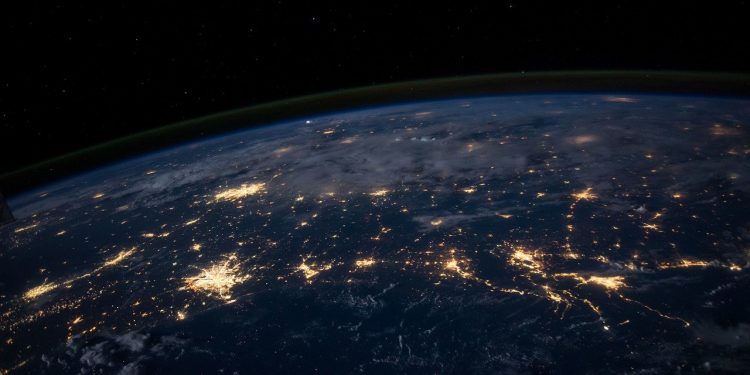Europe’s growing energy crisis, continued political polarisation, global extremism are the key international risks for businesses to watch out for in 2023, particularly when placing staff overseas.
The Healix risk outlook for 2023 also emphasised that continued concerns caused by business disruption from climate risks and vulnerabilities to cyber risks ranked highly and should be considered closely.
While cyber risks and the rising impact of climate change were cited among the top risks to businesses in last year’s report, the energy crisis caused by the war in Ukraine and political issues ranked highly among risks to look out for next year.
On the energy crisis, the report concluded that while European countries have set about trying to reduce reliance on Russia, businesses will be exposed to the financial risks associated with the energy crisis, as spiralling operating costs, a suppressed economy and market fluctuations pose additional challenges throughout 2023.
But the report also predicted the polarisation that has been a feature of numerous political systems and elections throughout this year will continue into 2023.
It added that while this is not inherently a new issue, political divisions have been accelerating and intensifying globally for numerous years.
According to Healix, instability breeds division which it predicts will likely continue to shape political risks going into 2023.
The knock-on effect for business is that a polarised political environment is fertile ground for rapid increases in societal and economic unrest and deploying personnel to areas experiencing political instability will likely enhance security and operational risks.
Climate change
The impact of climate change, particularly through the intensification of modern storm systems, will also continue to have catastrophic consequences for personnel and organisations across the globe.
Rising sea levels and warmer temperatures have already increased the rate of rainfall during hurricanes, heightening and strengthening their impact, it said.
The duration and frequency of wildfires and drought has also increased, exacerbating water and food shortages. In Australia, for example, the bushfire season has increased by an average of 27 days in just 40 years.
As these natural disasters increase in frequency and intensity, Healix has called on businesses to carry out urgent climate risk assessments to gauge their degree of exposure to natural disasters and associated operational challenges, as well as implement suitable mitigation and safety procedures.
Chris Job, director of risk management services at Healix International, said: “Most businesses understand that climate change is a pressing global issue, but it’s vital to consider the material implications that a natural disaster would have on the day-to-day running and security of their company.
“Not only will it drastically impact a company’s ability to do business, but it will also put their employees at risk, both at home and abroad. With once in a century natural disasters now becoming a yearly occurrence, putting a mitigation strategy in place is vital.
“By implementing the necessary measures and introducing enhanced safety procedures, companies will be better positioned to protect people, assets and operations in the event they are caught up in a natural disaster.
“As with most things, taking steps to protect against these risks now will deliver a far better outcome than trying to react and solve them at the time.”






